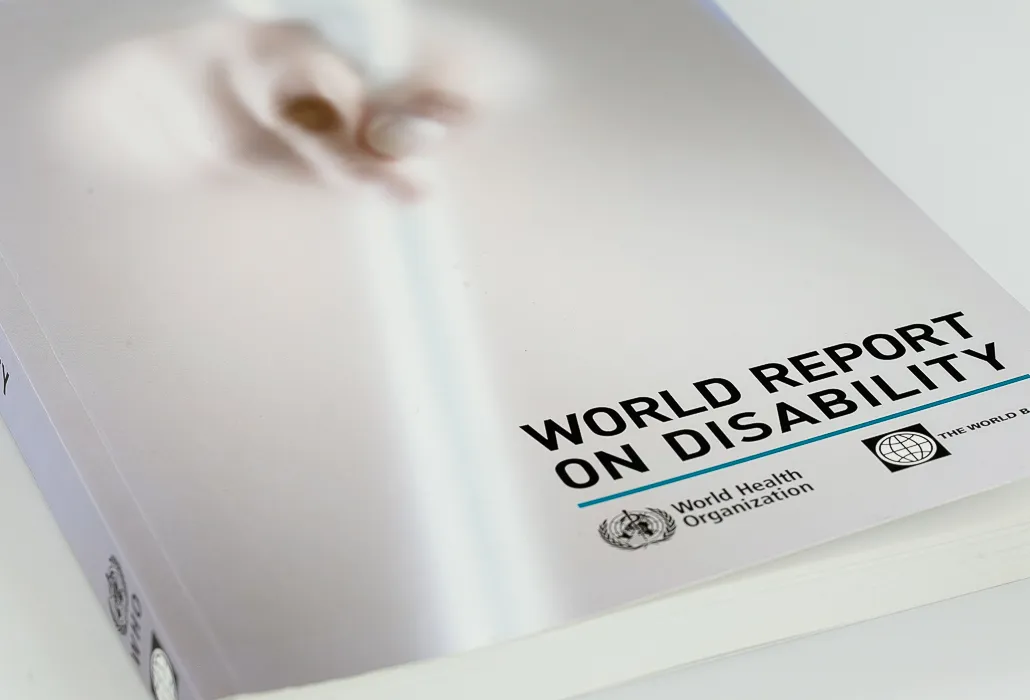Disability Policy
Disability Policy conducts research on the content of health and health-related policy designed to optimize social participation for persons experiencing disability in all areas of life, learning from the experience of spinal cord injury (SCI). We employ a variety of approaches and methodologies of research – both quantitative and qualitative. We not only research the best policy options, we also seek the most effective ways of implementing those options so that the benefits of sound research can measurably improve people’s lives.
Our research focuses on issues specific to Switzerland. Besides, we engage in cross-European research through funding from the European Commission under its Horizon 2020 program. We have a special interest in policies governing the provision, governance, and financing of rehabilitation within the health system. We have special expertise in the development, testing and implementation of indicators for health systems research and continuous quality management. These indicators also serve as basis for research into a human rights-based approach to scaling-up rehabilitation.
Our research is scientifically informed by the conceptual model of functioning in the World Health Organization’s (WHO) «International Classification of Functioning, Disability and Health (ICF)». The ICF provides us with a unique understanding of the experience of disability and how this can impact policy and policy decisions. We are also guided by the provisions of the , the , and other international treaties.
Finally, we are (closely) linked with the Disability and Rehabilitation team at the WHO. Guided by their and the , we have the opportunity to explore and contribute to a variety of issues in disability policy research – from reform of accessibility provisions to improve disability assessment, disability support and service eligibility.

Contact

Prof. Dr. Jerome E. Bickenbach

Asst. Prof. Dr. Carla Sabariego
Research Projects
Werden Sie jetzt Mitglied und erhalten Sie im Ernstfall 250 000 Franken.
Spenden Sie jetzt und unterstützen Sie unsere Projekte zugunsten von Querschnittgelähmten.
